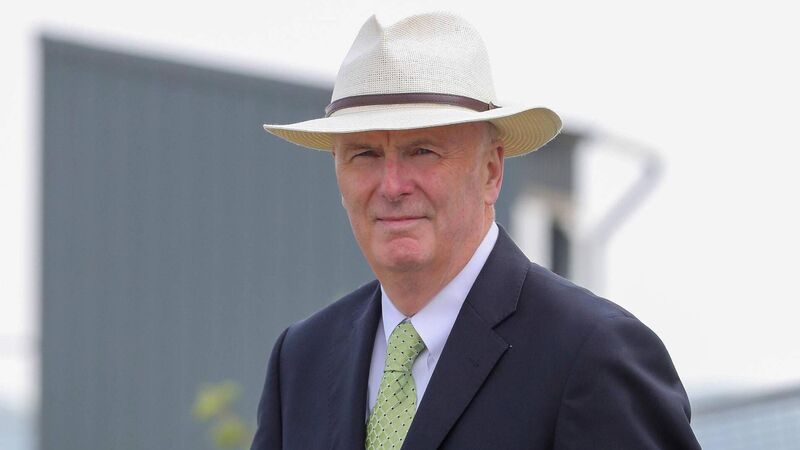Horse racing chief defends 'groundbreaking' anti-doping measures

Outgoing chief executive of the Irish Horseracing Regulatory Board Denis Egan said no other racing authority has the 'groundbreaking' ability to 'identify and sample any thoroughbred at any time and in any place'. File picture: Inpho/Caroline Norris
The body with responsibility for the regulation of Irish horse racing has defended its anti-doping record in the face of intense criticism from within the sport.
Denis Egan, the outgoing chief executive of the Irish Horseracing Regulatory Board, has said no other racing authority has the "groundbreaking" ability to “identify and sample any thoroughbred at any time and in any place”.










